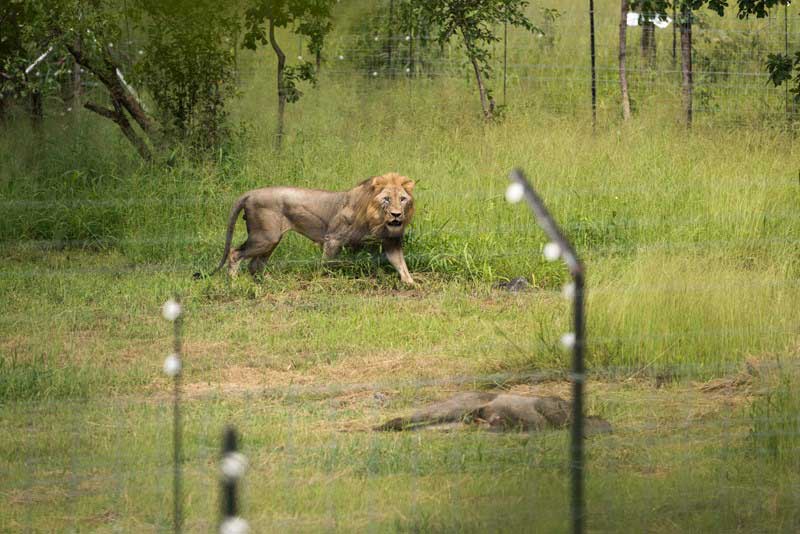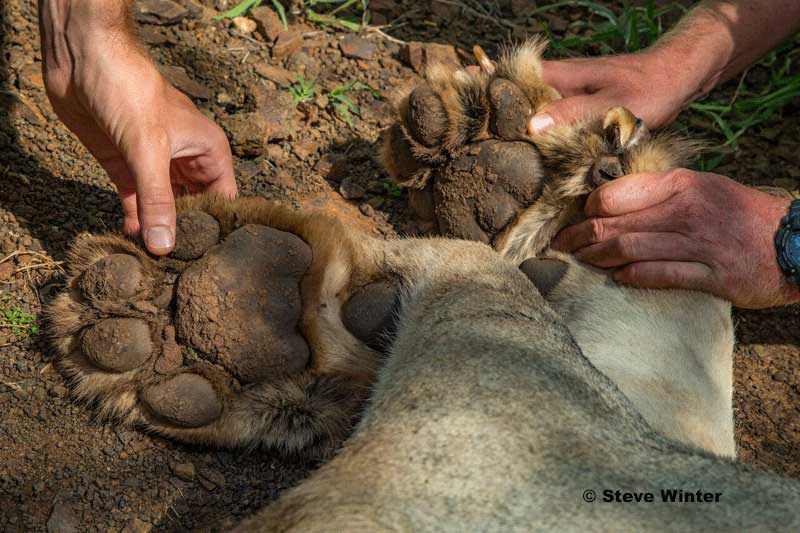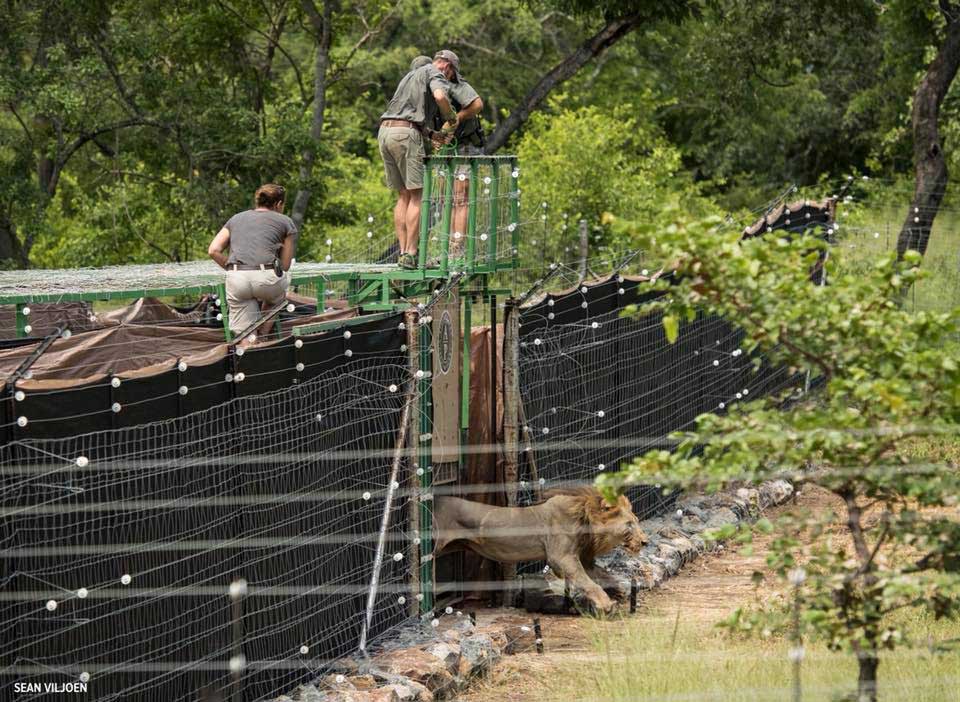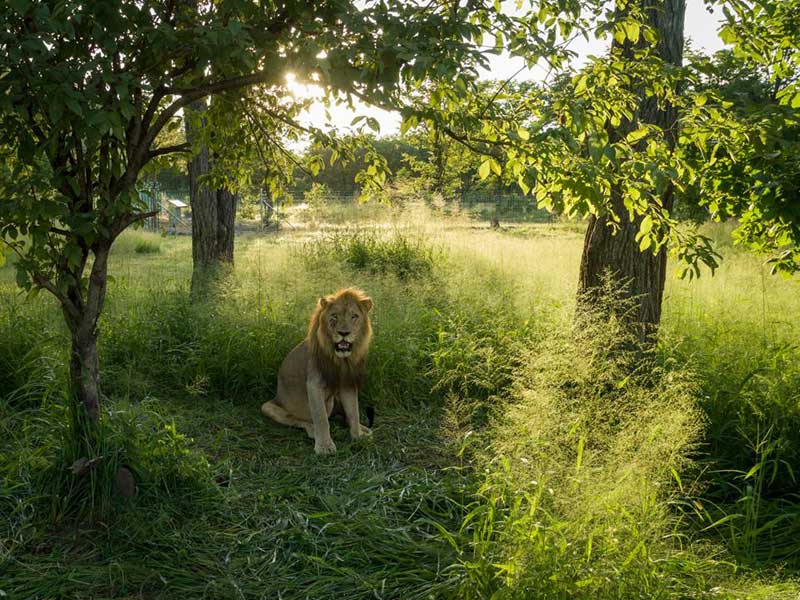Liwonde National Park in Malawi is making a steady comeback from its years as a wildlife area suffering under the pressure of poaching and encroachment. The complicated history of so many parks in Africa has sadly seen the devastation of natural areas, and the persecution of wildlife, but since African Parks teamed up with Malawi’s Department of Wildlife and National Parks in 2015 and took over management of the park, Liwonde is beginning to thrive. Last year it received the first cheetahs in the country after a 20 year absence, and last month, the park received its first lions! Predators are once again living wild and free, and these kings of the jungle arrived just in time for World Wildlife Day 2018.


At the end of January, things were beginning to kick off as the wild lions were preparing to make their journey from South Africa to Malawi to initiate part of African Parks’ larger predator restoration plan for Liwonde, and also to add to the genetic diversity of the growing pride in another recovering Malawian reserve: Majete. Since 2015, the law enforcement in Liwonde has been scaled up and now the reserve is safe to introduce lions, and these were the first to see Liwonde soil in several years. Simiarly, Majete was taken under African Parks’ wing in 2003 when it was just about devoid of all wildlife, and has since been successfully rehabilitated and is now a shining example of what dedicated conservation efforts are capable of. Not only is wildlife benefitting from their newfound protection in Malawi, but the increase in tourism, employment, and revenue is having a positive impact on the local communities.
“We are so grateful to our partners, especially the Malawian Government/DNPW Malawi, the Lion Recovery Fund, and the Dutch Government, Ministry of Agriculture, Fisheries & Food Security, who are making this conservation milestone possible – we couldn’t do it without you!” – African Parks 26/01/18

On the 24th of February 2018, the first lions were released into a boma in Liwonde National Park – two pride males from Majete Wildlife Reserve. This landmark moment went off successfully after many months of planning, and once the two Majete males had settled in, the next stage was to bring another two males and five females in from South Africa. We are waiting in anticipation to find out how the translocation of the lionesses goes in the near future, but for now, the team at Liwonde put it very well:
“Sounds of shouting baboon signalled to all that from now on Liwonde will never be the same again!” – Liwonde National Park, 25/02/18
Watch the video of this exciting release here.


